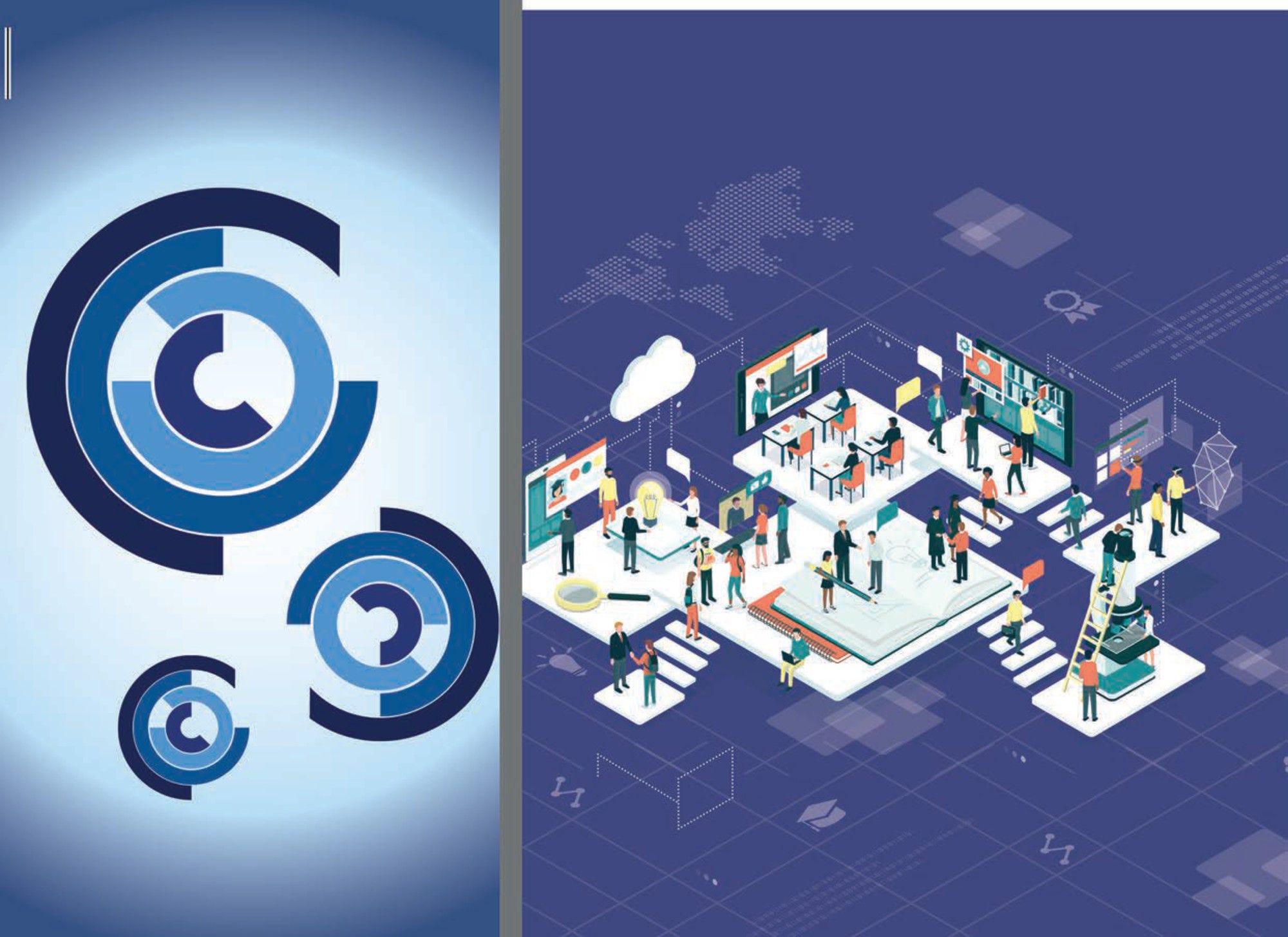A changing world of work brings the importance of VET to the forefront, as it has the ability to develop the skills that are needed in today’s labour markets and societies. At the same time, structural changes highlight the need to re-engineer certain parts of VET systems in some countries to make them more resilient and ensure they can make the most of opportunities presented by the twin transition.
Responsiveness is key for ensuring that the offer and content of VET programmes is aligned with the needs of learners and employers. This requires the close engagement of social partners in the design of VET and in the provision of work-based learning opportunities such as apprenticeships. It also calls for flexibility in programme design. Modular programmes, for example, can be updated more easily and are more accessible to adult learners looking to upskill or reskill.







